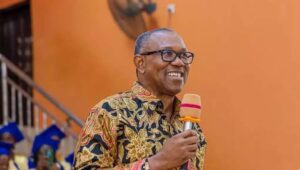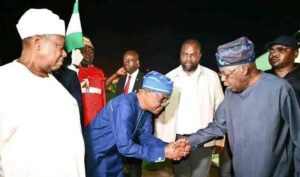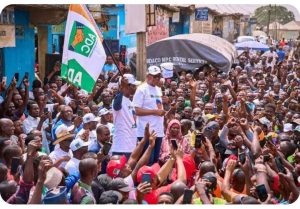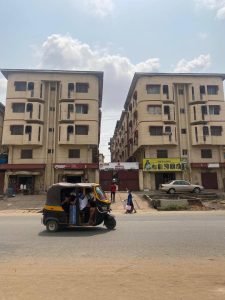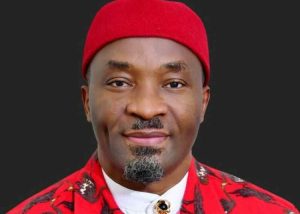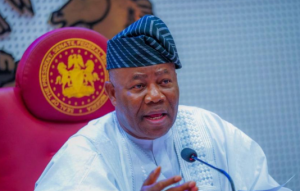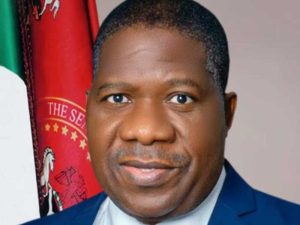Economic Hardship: Obi shows Tinubu how to lift over 100 million Nigerians out of poverty
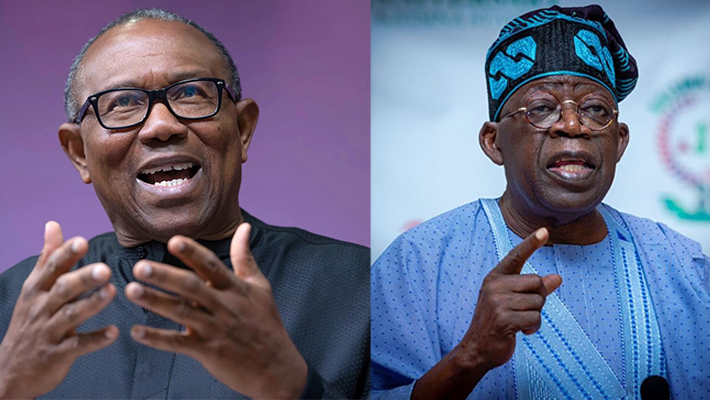
Economic Hardship: Obi shows Tinubu how to lift over 100 million Nigerians out of poverty
Peter Obi, the Labour Party (LP) presidential candidate in the 2023 elections, has attributed the country’s “underutilised” resources to the poverty level under President Bola Tinubu’s regime.
Mr Obi, who identified Nigeria’s greatest physical assets in the land mass in the north, criticised the poverty level in the region due to untapped potential.
The opposition leader, during a National Political Consultative group meeting in Abuja, said the country under Mr Tinubu can generate revenue from agriculture with the land mass in the north than it is currently making from oil.
Citing an example of Bangladesh’s rice production, Mr Obi complained that Nigeria only produces 10 per cent of what the South Asian country was producing, about five to six million tonnes annually.
“Bangladesh, with a land area of about 148,600 square kilometres, is nearly the same size as just two northern Nigerian states: Niger State, which has about 76,300 sq km and Borno State, which has about 70,800 sq km, only these two states have a combined 147,100 sq km and so almost equal entire Bangladesh.
“Despite its relatively small land size, Bangladesh, with a population of about 170 million people, is the third global rice producer of 50-60 million tonnes.
“Meanwhile, these two states (Niger and Borno) have a combined population of just about 10 million people (Niger with around 4 million and Borno with about 6.2 million), which means Niger and Borno have more land space for cultivation than Bangladesh, yet both states cannot produce 5 per cent of that,” the politician said.
He decried the same situation across the vast land of the northern part of the country, noting that Taraba state, with a land area of 54,400 square kilometres, has the potential to produce significant quantities of tea and coffee for the world.
While stressing that the north holds immense potential to transform Nigeria through agriculture, Mr Obi compared Sri Lanka, which he observed “makes between $1.5 to $2 billion annually from tea exports”, has a land area of just 65,610 square kilometres, which is barely larger than Taraba State.
“Because there are 22 million people in Sri Lanka and Taraba has just about four million people, Taraba has more space for agriculture and cultivation than the whole of Sri Lanka, but the land in Taraba is underutilised.
“Ukraine has become a world grain powerhouse and, despite being at war, is donating grain to help Nigeria fight hunger, when northern Nigeria, with over 720,000 sqm, is 20 per cent larger than Ukraine’s 600,000, and we are accepting grains from Ukraine without shame,” he said.
In a recent report, the World Bank’s Africa Pulse projected a 3.6 per cent point increase in poverty in Nigeria by 2027.
According to the report, Nigeria under Mr Tinubu has the highest number of extremely poor people globally.
![]()


